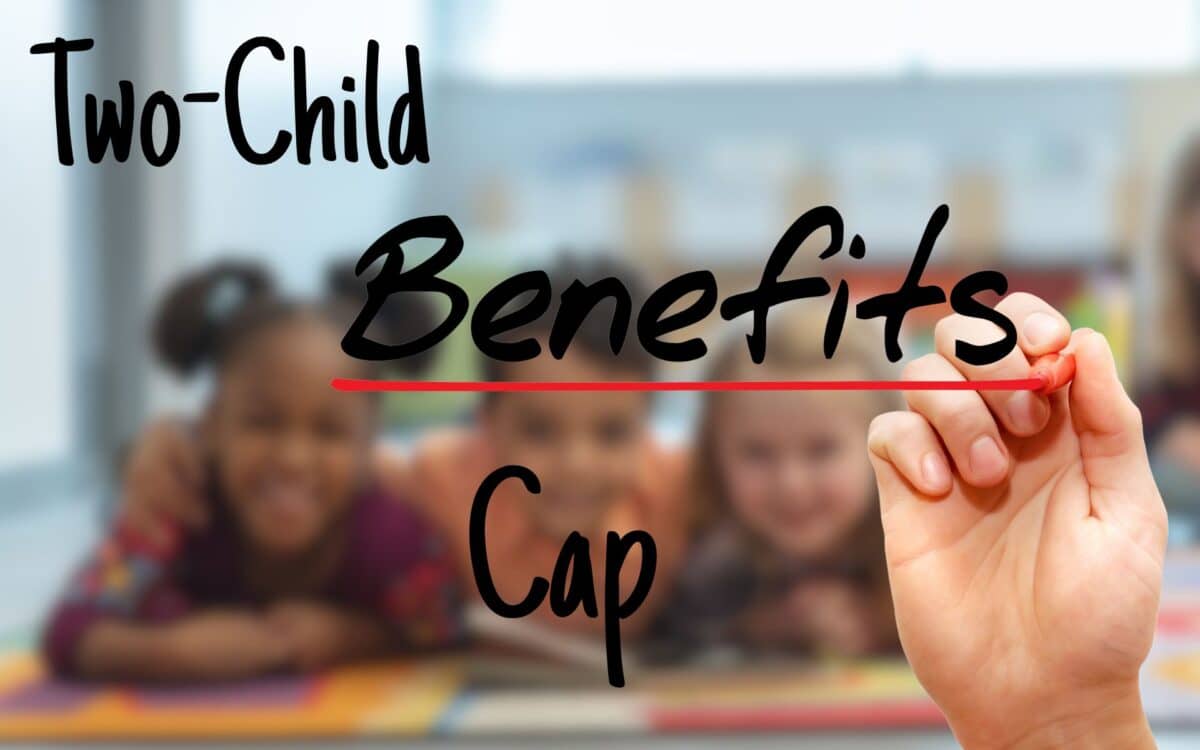Ministers have privately ruled out the possibility of scrapping the two-child benefits cap, despite growing concerns from charities about its potential to drive up child poverty levels.
Government sources have indicated that such a move is not feasible, as the cap remains widely supported by key voter groups, who view it as a matter of fairness.
According to a report by The Guardian, while charities such as Save the Children UK and Barnardo’s have warned that maintaining the cap could exacerbate poverty, ministers argue that it is a politically popular measure that would be difficult to reverse.
Government Response to Child Poverty Concerns
Charities including Barnardo’s, Save the Children UK, and Citizens Advice have written to Labour leader Keir Starmer, urging him to push for the removal of the two-child benefit cap. The groups argue that scrapping the cap is the most cost-effective measure to reduce child poverty in the UK.
The Child Poverty Action Group also warned that the number of children in poverty could rise from 4.5 million to 4.8 million by 2029 if the cap remains in place.
In their letter to Starmer, the charities stated :
Scrapping the two-child limit is by far the most cost-effective way to reduce child poverty. It would lift 350,000 children out of poverty overnight and result in 700,000 children living in less deep poverty.
If it is not scrapped, the stark reality is that child poverty will be significantly higher at the end of this parliament than when the government took office, making this the first time a Labour government would leave such a legacy.
The Government’s Child Poverty Strategy
The government is set to publish its long-awaited child poverty strategy in June, coinciding with a spending review. This strategy will likely include funding initiatives aimed at reducing poverty, including the introduction of free breakfast clubs in primary schools across England.
The first 750 of these clubs, which provide 30 minutes of morning childcare, are already operating as part of a trial before a national rollout.
While the breakfast clubs policy is being promoted as a tool for improving school attendance and educational outcomes, it is also being framed as a key initiative to combat child poverty.
The government estimates that 67,000 of the 180,000 pupils benefiting from this program will come from the most disadvantaged areas of the country. The initiative is expected to help save parents money, with one estimate suggesting up to £450 per year could be saved if a child attends every day.
Furthermore, starting in September, a measure of 30 hours of free childcare per week will be implemented, up from 15 hours, allowing families to save as much as £7,500 annually.
Challenges to Lifting the Two-Child Benefits Cap
Despite the government’s focus on initiatives like breakfast clubs, some Labour MPs remain concerned that the two-child cap, along with wider cuts to disability benefits, will push more families into poverty. One MP argued:
Ditching the cap is by far the most effective way of tackling child poverty. We have a moral obligation to do this – adding,
I’m afraid they’ll use the breakfast clubs to soften us up to tell us the two-child benefit cap remains.
Ministers are exploring options to mitigate the impact of the cap, such as applying the limit only to children aged five and over, exempting parents of disabled children or parents in work, and increasing child benefit payments for parents of younger children.
A proposal for a three-child limit has also been discussed. However, sources within the government have suggested that the cap is unlikely to be scrapped entirely. According to one source :
If they still think we’re going to scrap the cap then they’re listening to the wrong people. We’re simply not going to find a way to do that. The cap is popular with key voters, who see it as a matter of fairness.








